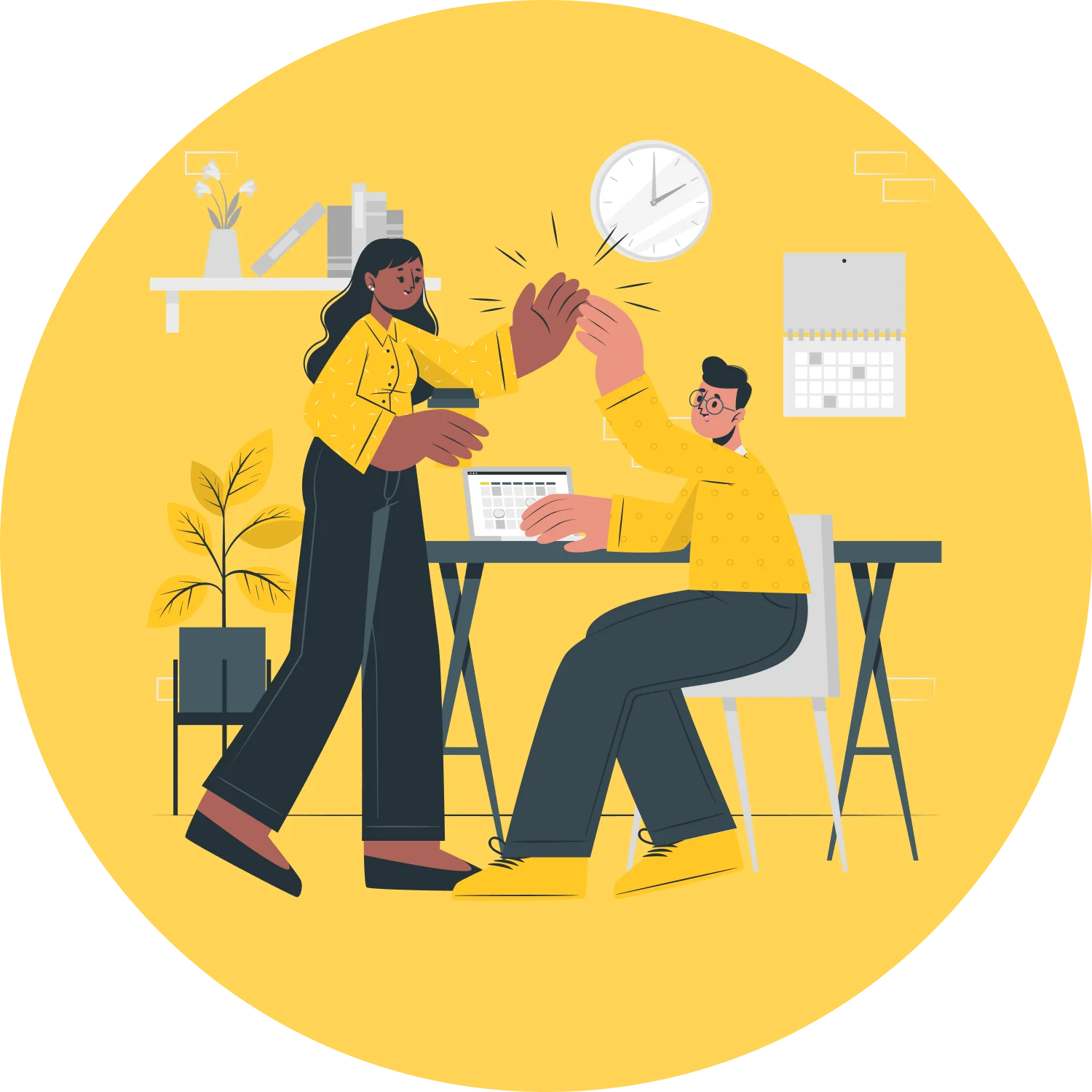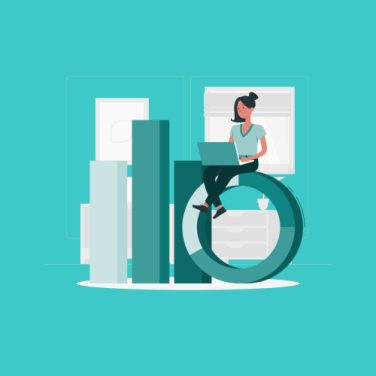Global research reveals that a millennial employee does not tend to retain in the same workplace for many years. What these statistics prove is not that millennials cannot keep a job, it’s that millennials seek a difference, a change of events, as they’re more creative and digital-driven than the previous generations of workforce.
The endless turnover of the newly recruited millennials has not only become a headache to the business leaders and HR department, but has cost a lot of time and money in the end. The recruitment process is not an easy task, and finding the ideal candidate takes so much effort. Besides, the process of training new employees and making them to adapt with the organisation’s culture is not easy!
The solution to this problem is not recruiting older people. Millennials have proven to be the most-skilled and dynamic employees in today’s workforce. This generation is tech-savvy and digital native, hence would easily adapt to any new system introduced by the organisation and easily fall in love with the workplace if we make their experience exciting in the organisation. The global statistics have predicted that by the year 2025, three quarters of the global workforce will be millennials. This is a great indication to prove you that you should now start preparing yourself to welcome the millennial workforce at your workplace.
Under these circumstances, HR and leaders of every organisation should seek solutions to expand the millennial’s retention in the organisation. These are 3 ways to overcome this challenge.
1. Hire and Onboard your millennial talent faster…Make sure you source through the right channels!
Most employers do not pay attention to the recruitment process. Where millennials are concerned, you need to be alert from the interview process onwards. Instead of employing the candidates with only a few requirements, it is vital to analyse the attitude, character, the morals and skills of the candidate in order to come to a conclusion of the question, “Will this employee accustom our workplace?”. Therefore, you should be observant about the personal skills as well as the technical skills. If the recruited candidate is open-minded and flexible, it will be easier to adjust his thoughts into staying longer in the company. New Digital HR platforms provide an end-to-end talent acquisition facility to source a pool of candidates by advertising your recruitment need on multiple sources. Today’s best talent lives in social channels and digital Apps. Hence, all your recruitment efforts should be focused on those channels. Digital HR helps you to find such talent through social channels and even screen the best suitable talent for your organisation.
As your entire talent acquisition process is going to be streamlined and optimized with digital HR you can hire and onboard your millennial talent faster.
Your potential workforce first sees your organisation through your recruitment process. Thus an efficient and systematic onboarding process creates a better picture about your organisation to the prospective employees.
2. Create a Feedback-oriented culture
Millennials are a generation that appreciates constant feedback. This generation values feedback as a technique to understand their weaknesses and find remedies for them. Further constant feedback will improve the connection and dialog between the employee and superior. better relationships between the superiors and employees could be the best way to support your millennial workforce to accomplish their tasks better and faster. Surveys have proved that above 74 percent of the millennials preferred a job where they felt like they matter to the company and beyond. We believe the digital HR today has helped with this task by including a new performance management model to practice ongoing performance assessments and instantly recognise employees upon their achievements. By proving ongoing feedback and recognizing employees for their achievements make your workforce believe that they’re valued resources in the organisation thus encouraging them to work with you longer.
3. Share responsibilities and provide opportunities
Millennials like to feel responsible. They have been born with the mindset of being independent and responsible, with the thought of wanting to make big changes to the world. It is important to assign tasks and share responsibilities with them and to allow them to make their own decisions. By providing this opportunity, millennials will continue to put their best at work and to not leave any work unfinished, therefore stay longer and be more efficient.
A robust model to train and develop employees is key to mentor employees to take more responsibilities. Millennials should be given opportunities to handle new tasks, develop their skills and show their performance and be rewarded. That way, they will have something to look forward to. It is equally important to provide them with the knowledge on their company, the vision and missions of the company so that the millennials are not in the dark. Thus HR should establish a learning management system to help employees improve their competency, learn more about the company’s strategic direction and stay aligned to the company objectives. Cloud learning management systems, MOOCs are gaining traction in many companies now. Online learning is perceived a beneficial learning technique as employees can learn about their respective subjects from anywhere anytime. Digital HR solutions which encompass learning management capabilities will help your organisation to effectively conduct various training programs and track the effectiveness via training analytics and assessments.
Millennials are the future of the workforce, they are the humans who are truly able to adapt to fast-growing technology. Digital HR will serve well in a workforce of millennials, as the paperwork and the traditional piles of files would look dull compared to the evolving technology. In the age of digital disruption, millennials’ employee retention has to be improved and maintained if your organisation needs to be successful and continue to reach higher in the future.
We will return with more interesting blogs on Digital HR. Stay with us. For more information,



